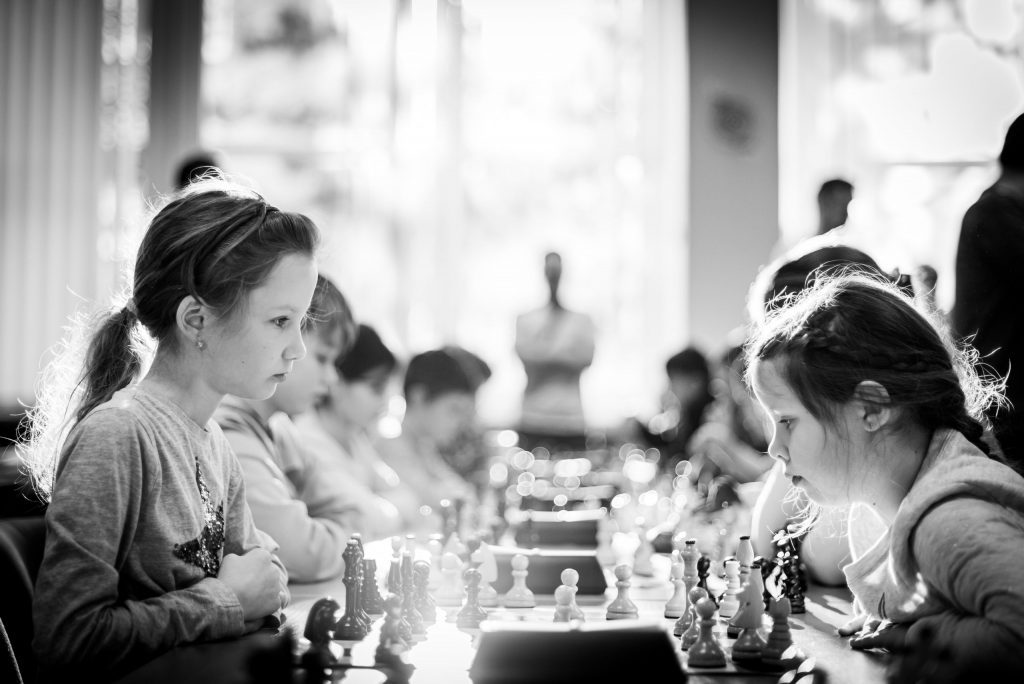“Decision making is an art only until the person understands the science.”
―Pearl Zhu, Decision Master: The Art and Science of Decision Making
The average adult makes about 35,000 conscious decisions daily (Sahakian & LaBuzetta, 2013). Considering the amount of time we spend on this, have you ever stopped to think how you could be more effective at making conscious decisions? Even the time of day we make a decision can affect the outcome. So, what is the best time and moment to make important decisions?
Let’s consider an excerpt from a study published in 2011, on how the time of day influences our decision-making ability.
Decision Making and Time of Day
“Three men doing time in Israeli prisons recently appeared before a parole board consisting of a judge, a criminologist and a social worker. The three prisoners had completed at least two-thirds of their sentences, but the parole board granted freedom to only one of them. Guess which one:
-
- Case 1 (heard at 8:50 a.m.): An Arab Israeli serving a 30-month sentence for fraud.
- Case 2 (heard at 3:10 p.m.): A Jewish Israeli serving a 16-month sentence for assault.
- Case 3 (heard at 4:25 p.m.): An Arab Israeli serving a 30-month sentence for fraud.
There was a pattern to the parole board’s decisions, but it wasn’t related to the men’s ethnic backgrounds, crimes or sentences. It was all about timing, as researchers discovered by analyzing more than 1,100 decisions over the course of a year. Judges, who would hear the prisoners’ appeals and then get advice from the other members of the board, approved parole in about a third of the cases, but the probability of being paroled fluctuated wildly throughout the day. Prisoners who appeared early in the morning received parole about 70 percent of the time, while those who appeared late in the day were paroled less than 10 percent of the time.
The odds favored the prisoner who appeared at 8:50 a.m. — and he did in fact receive parole. But even though the other Arab Israeli prisoner was serving the same sentence for the same crime — fraud — the odds were against him when he appeared (on a different day) at 4:25 in the afternoon. He was denied parole, as was the Jewish Israeli prisoner at 3:10 p.m, whose sentence was shorter than that of the man who was released. They were just asking for parole at the wrong time of day.”
Making Effective Conscious Decisions
Our decisions are influenced by external circumstances and the effect these have on us personally.

The time of the day is a big one! How rested or tired, how hungry, stressed and/or rushed we are at that time, among other things, are crucial conditions to keep in mind when wanting to make more effective decisions.
Here are my main takeaways about making effective conscious decisions based on different cases, studies, and science:
- The mental work we do over the course of a day wears down people’s decision-making capacity.
- As our energy is depleted, the brain will look for shortcuts. One shortcut is to make more impulsive decisions, the other is to postpone decisions. Which do you think is the more effective route?
- These experiments demonstrated that there is a finite store of mental energy for exerting self-control. That’s why it’s harder to resist temptations at the end of the day.
- Part of the resistance against making decisions comes from our fear of giving up options. The word “decide” shares an etymological root with “homicide,” the Latin word “caedere,” meaning “to cut down” or “to kill,” and that loss looms especially large when decision fatigue sets in.
- Once you’re mentally depleted, you become reluctant to make trade-offs, which involve a particularly advanced and taxing form of decision-making.
- Glucose level influences decision-making. Do not make decisions on an empty stomach.
So, what does this all mean for making effective conscious decisions? We may not always be able to control the external factors influencing us, but by being aware of them, we can choose to postpone important decisions or take care of ourselves in a better way to make them more effective.
If you would like to know more about effective decision making, meetings, and commitments, check out my webinar, Making things happen: improving the way we make decisions.
Sources used in this article: Do You Suffer From Decision Fatigue? and “Extraneous factors in judicial decisions” by Shai Danziger, Jonathan Levav, and Liora Avnaim-Pesso
